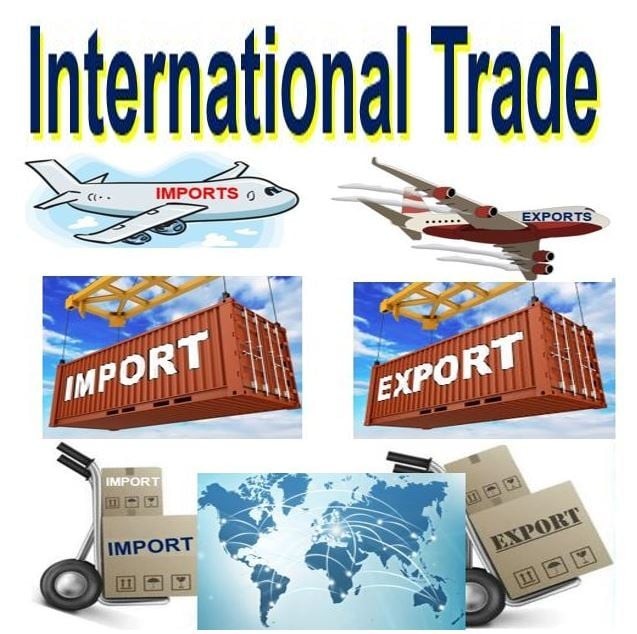Following a report by the Federation of Small Business (FSB) relating to international trade and an MGC article in the LBV Hub referencing the Electronic Trade Documents Bill a couple of weeks ago, we thought it might be useful to highlight a few key takeaways from the FSB international trade report:
“By making it easier, cheaper and more attractive for SMEs to do business internationally, we have the opportunity to unlock the advantages of trade for small businesses and boost growth across the whole economy…”
International trade allows businesses to reach a wide range of customers and markets, boosting sales and growth. Many of the UK’s vibrant small business community have already embraced the opportunities of overseas trade, but we know that SMEs have a lot more to offer the world, from high quality food and drink to world-class manufacturing.
While small firms are extremely agile, innovative and resilient, there are undeniable barriers that make trade more difficult - current and potential exporters report being deterred by burdensome paperwork and high costs. The majority of these challenges are financial or logistical in nature, from high shipping costs to filling out complex paperwork.
Recommendations to help the situation and improve from the FSB report are as follows:
Improving trade infrastructure
The UK government should deliver an effective and small-business friendly Single Trade Window (STW) - an online portal that will bring in a ‘once and done’ approach to government collection of the data traders need to provide to export or import. To achieve this:
- HMRC should carry out and publish a comparative analysis of countries that have already implemented a single window for customs and report on best practices.
HMRC should deliver the STW within a realistic timeframe that allows for robust testing. - The Home Office should deliver consistent, high-quality customs training to Border Force staff. Government should encourage close cooperation between customs authorities in the UK and its trading partners.
Knowledge and guidance
- The Department for Business and Trade should further develop and promote the Export Support Service (ESS).
- The Department for Business and Trade should target resources towards small businesses with high export potential.
- HMRC should develop new funding streams for small businesses to invest in private sector support.
- The UK government should commit to passing and implementing the Electronic Trade Documents Bill.
- The UK government should champion digital trade through its diplomatic efforts around the world. The UK government should drive forward its support for digital trade via multilateral initiatives such as the WTO Joint Statement Initiative on e-Commerce, and its bilateral Free Trade Agreements.
Making trade easier, cheaper and more attractive
- The Competition and Markets Authority should provide a ‘year on’ update from the Five Eyes working group on supply chain disruption and going forward should provide annual update reports.
- The UK government should continue to implement and promote trade facilitation measures. The government must complement delivery of the Single Trade Window with awareness raising initiatives, such as a dedicated roadshow or resources on the new Help to Grow site.
- The UK government should adopt a ‘think small first’ approach to customs policy development. Policymakers must place small businesses at the heart of new trade and customs structures to avoid disproportionate cost or administrative burdens.
In summary then, lots to think about.... but if the government can help build on this development pathway, international trade should become easier and more consistent making it possible for a range of products (and services) to be exported from the UK across the world. MGC is well positioned and knowledgeable and we are keen as a company to help you steer through these opportunities.






















